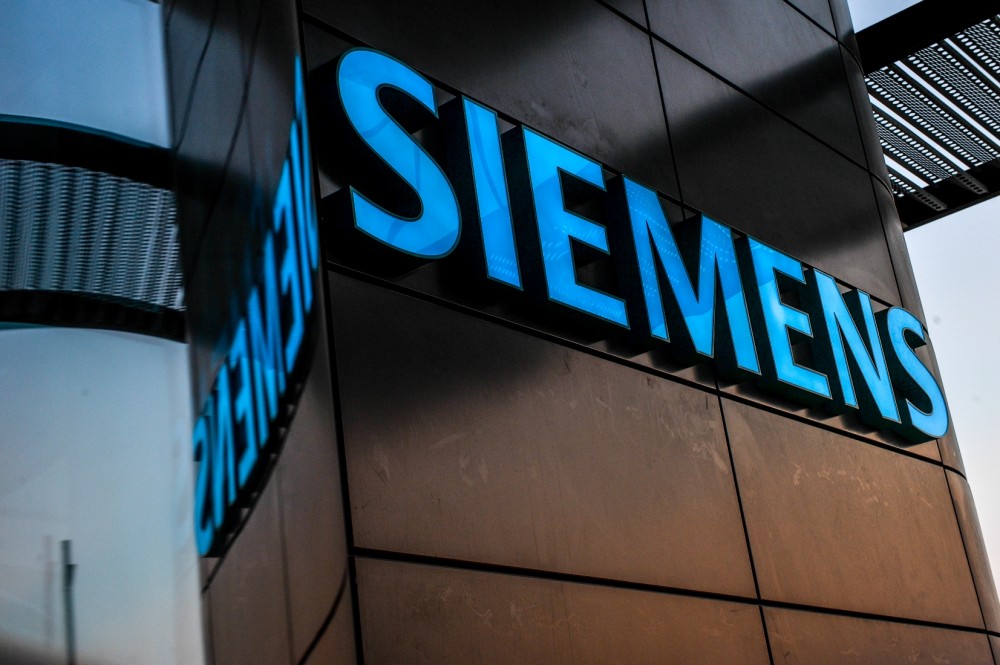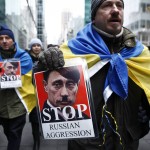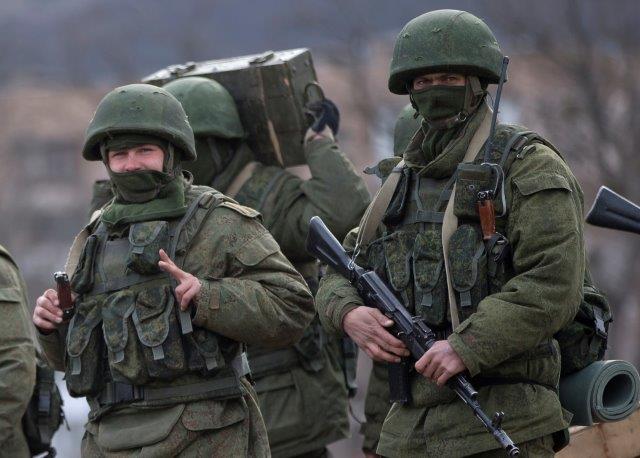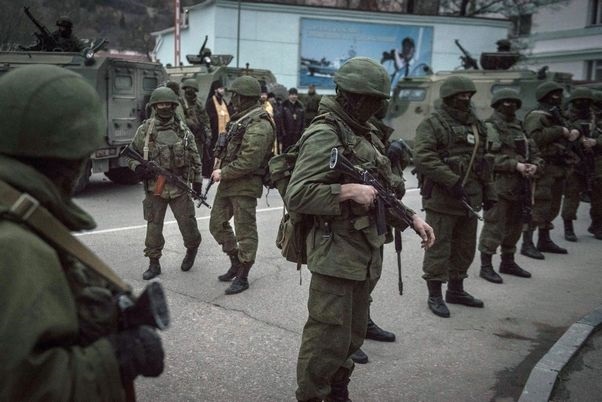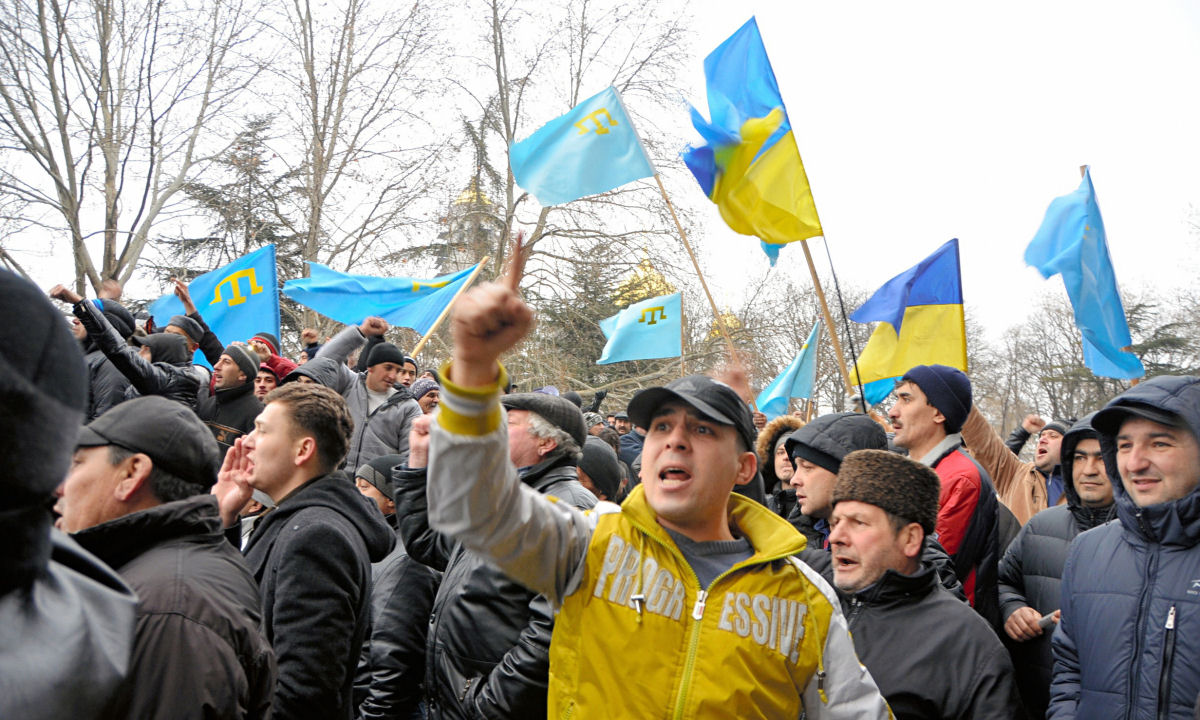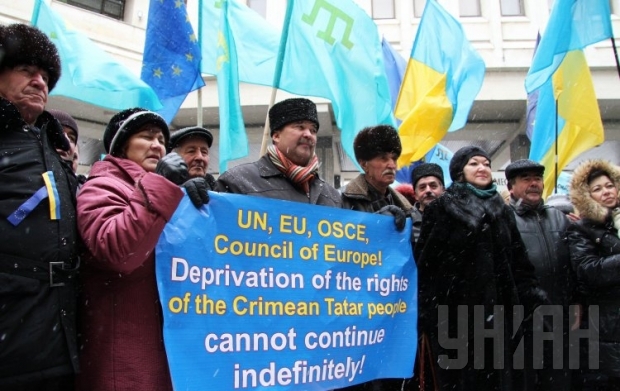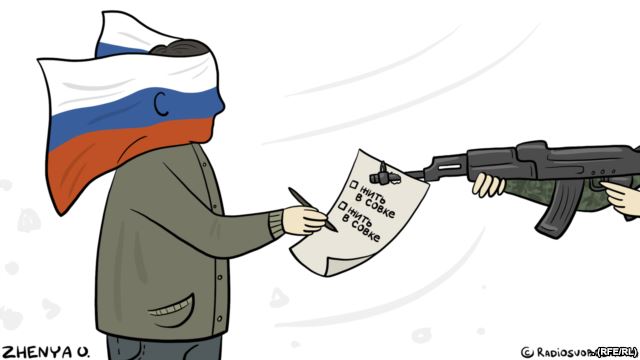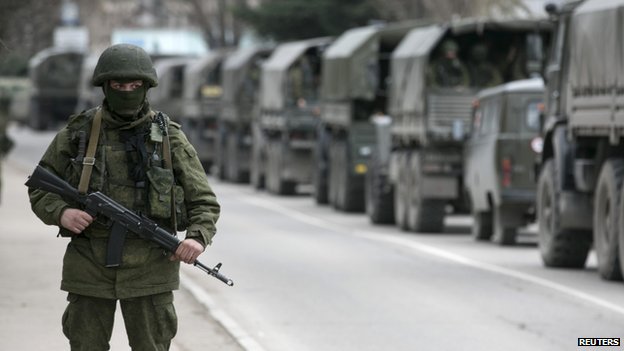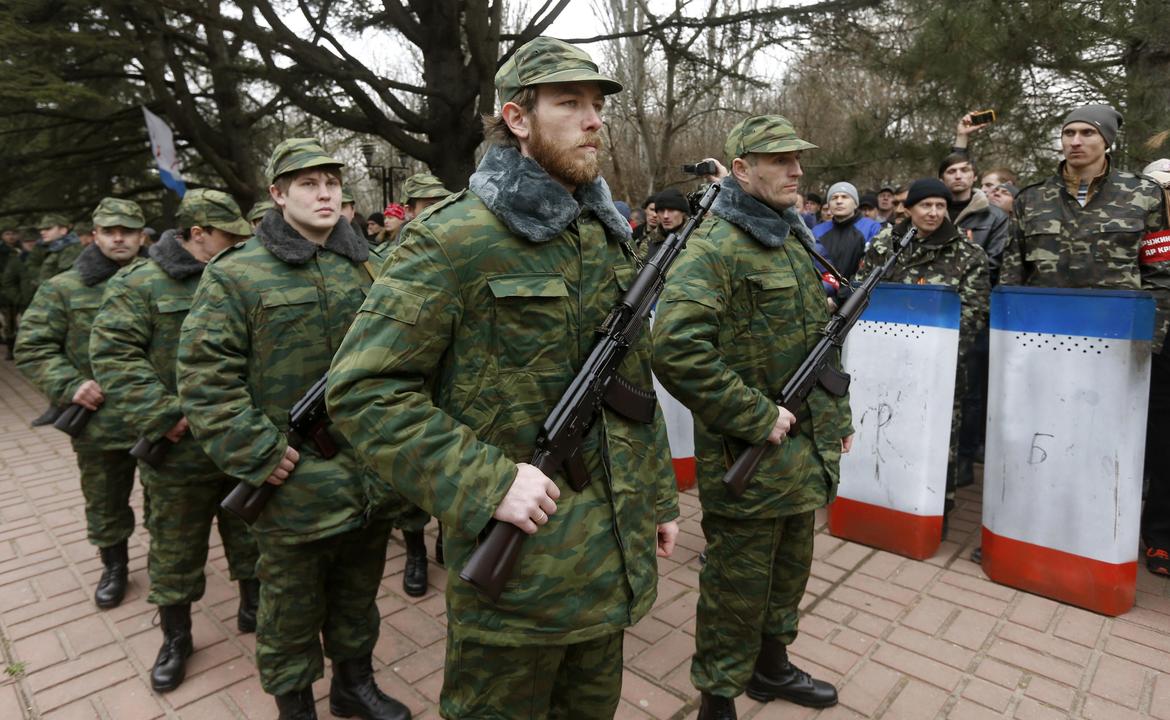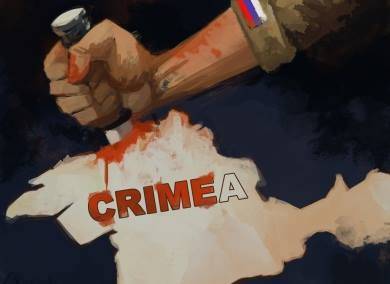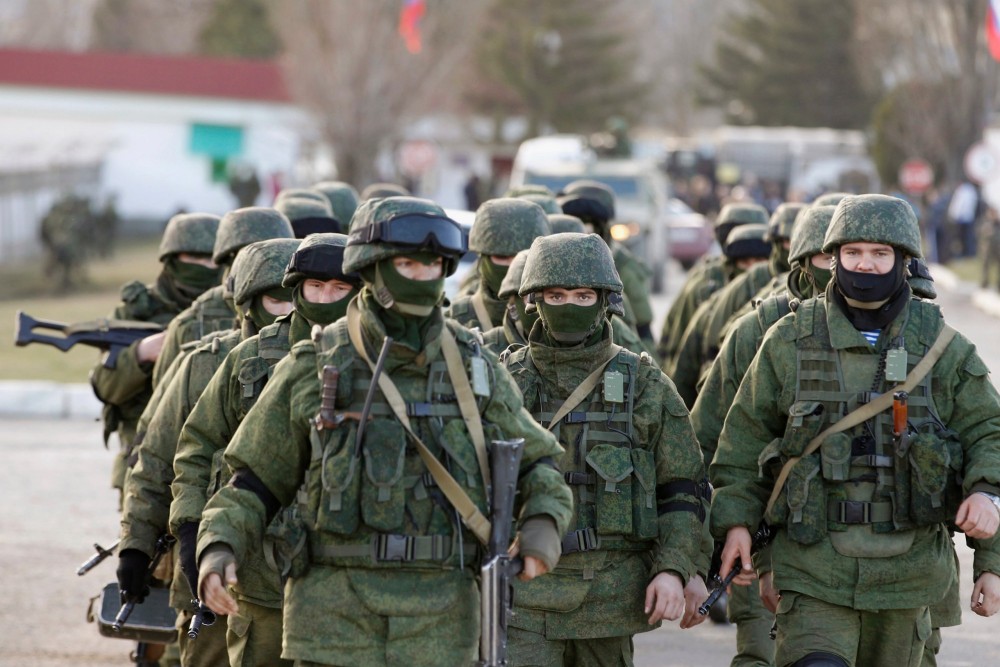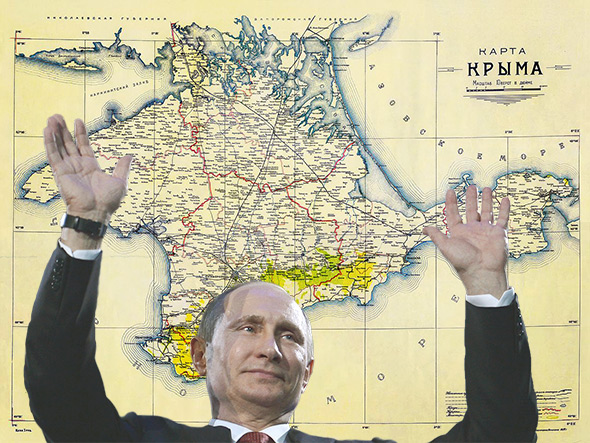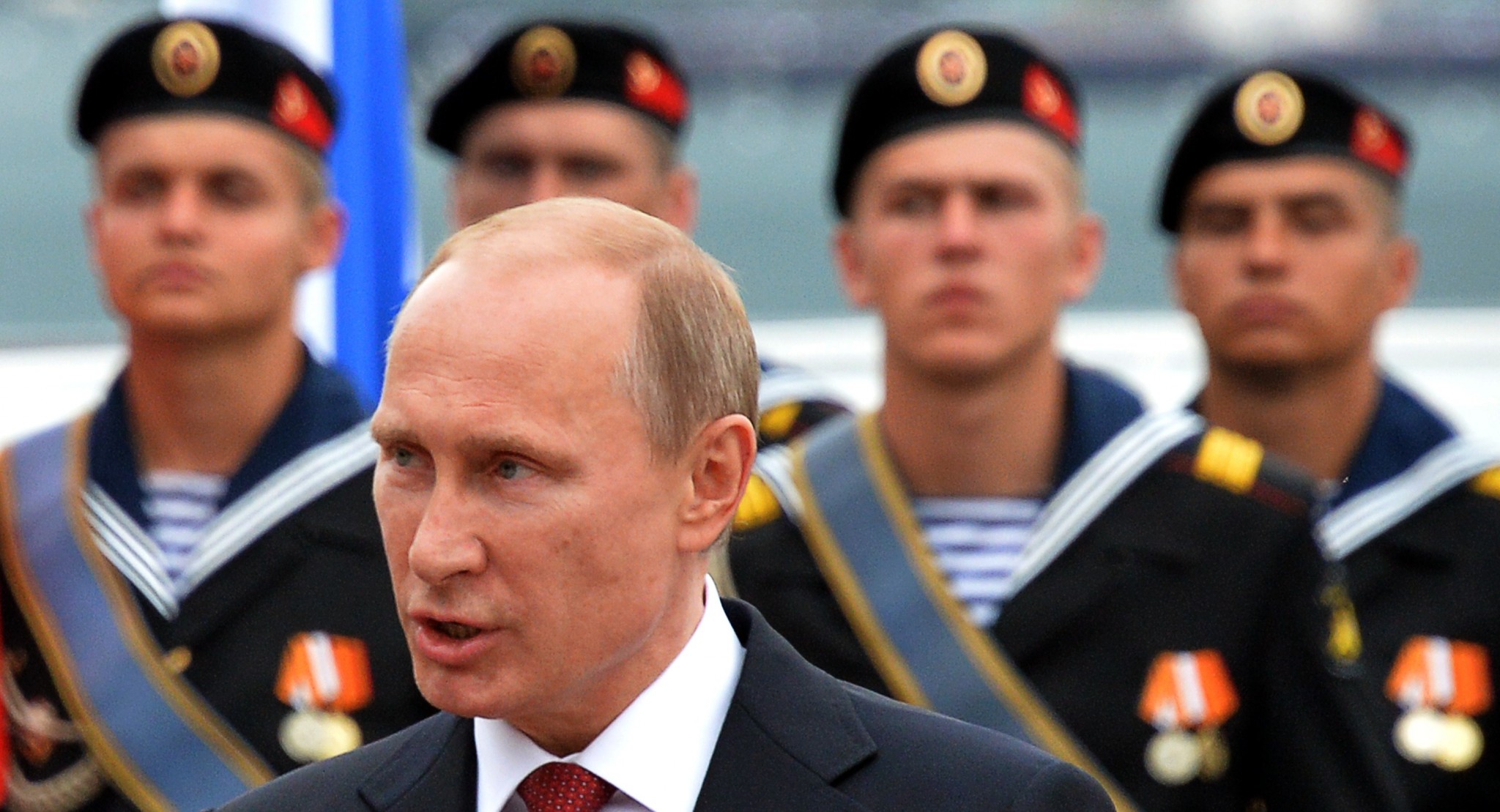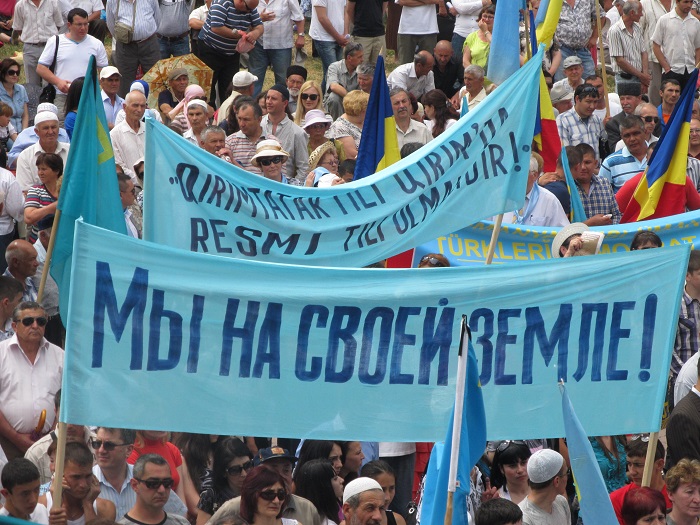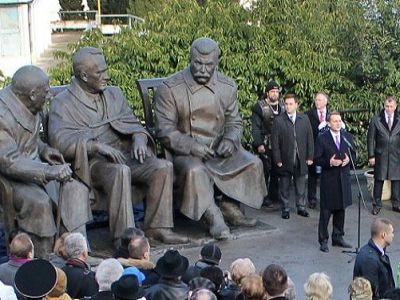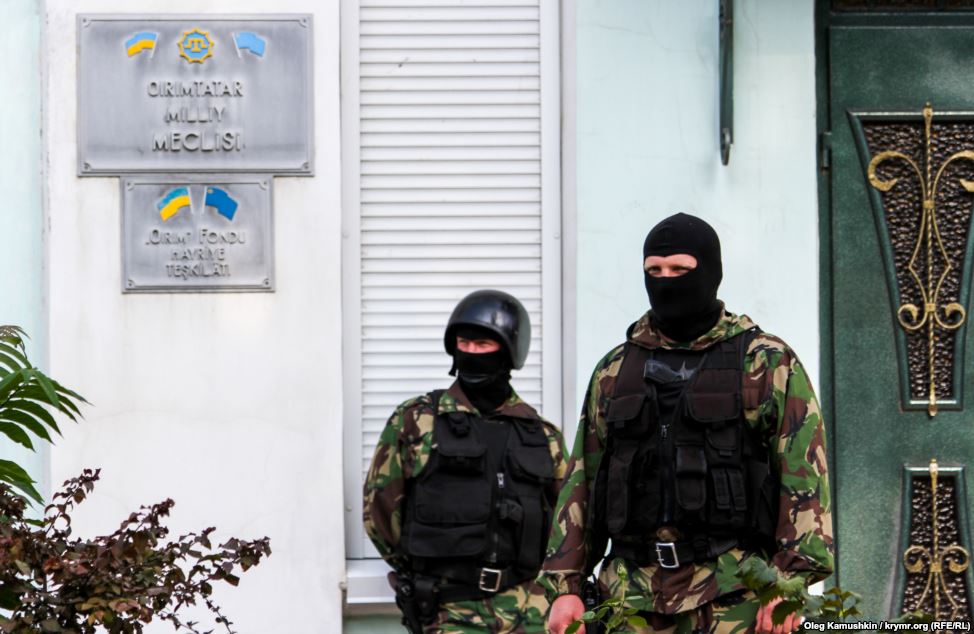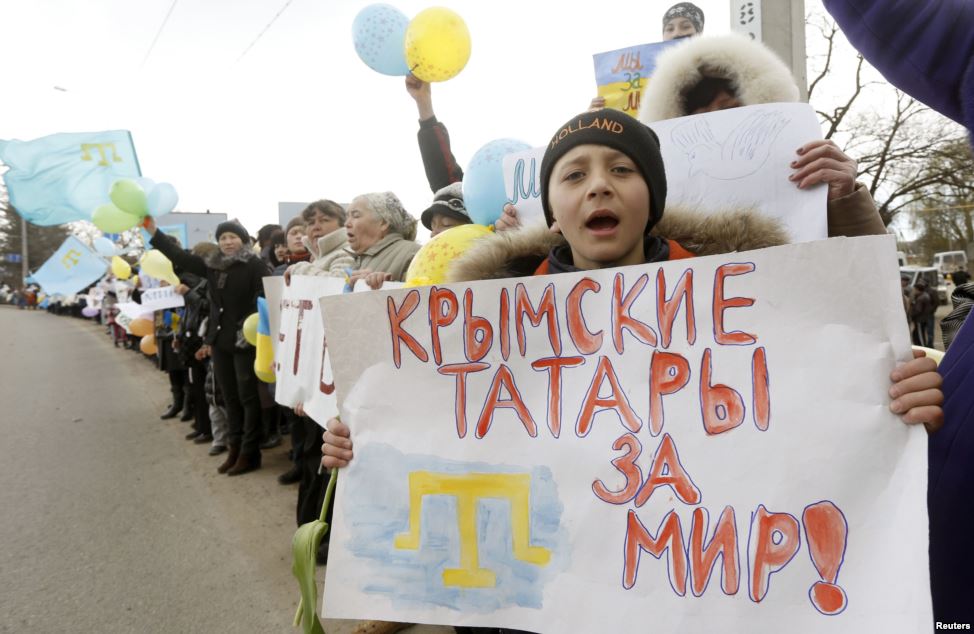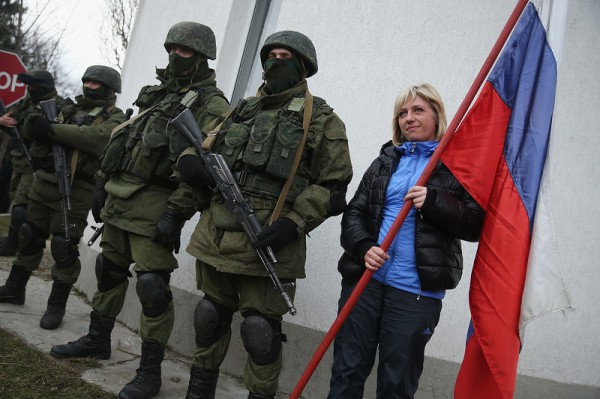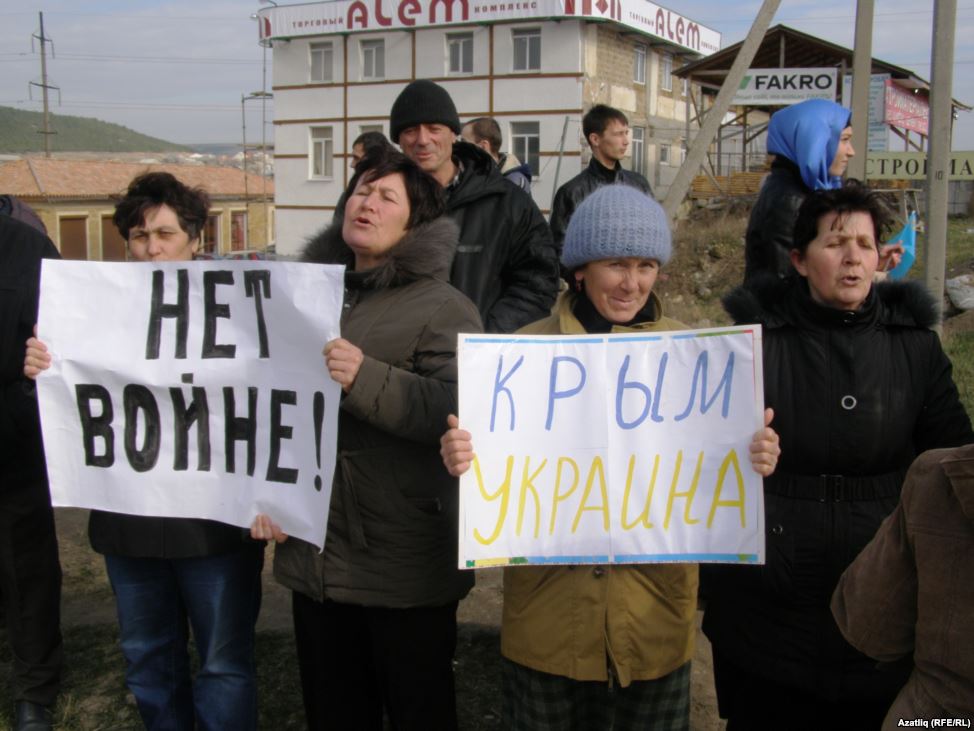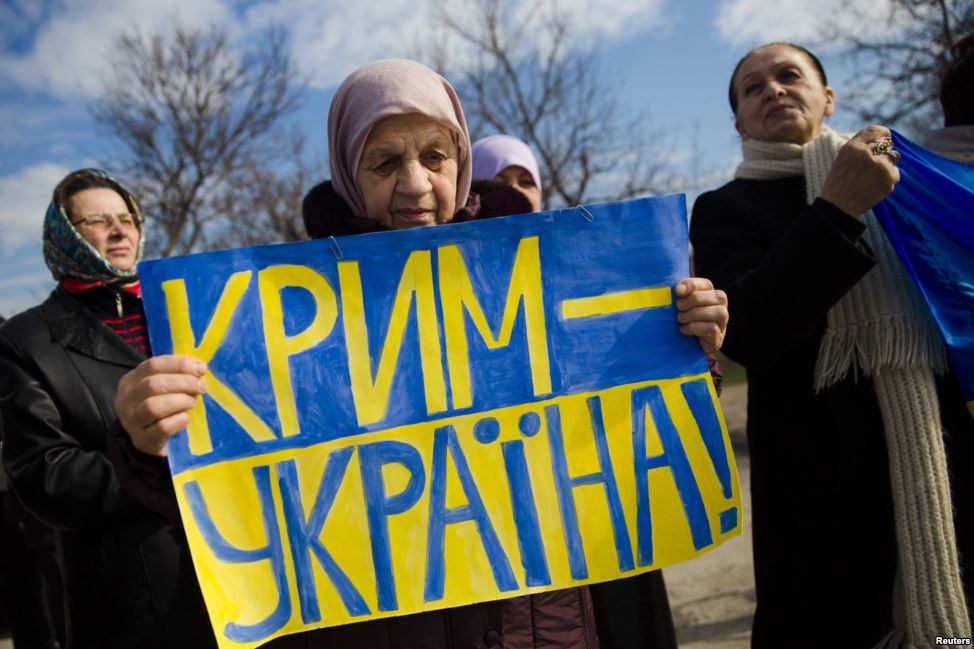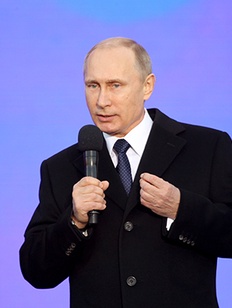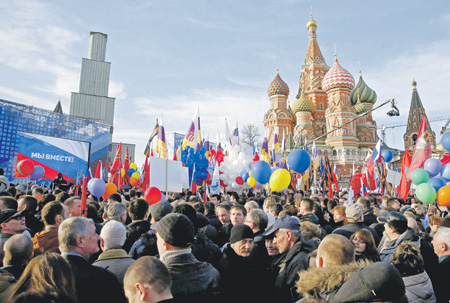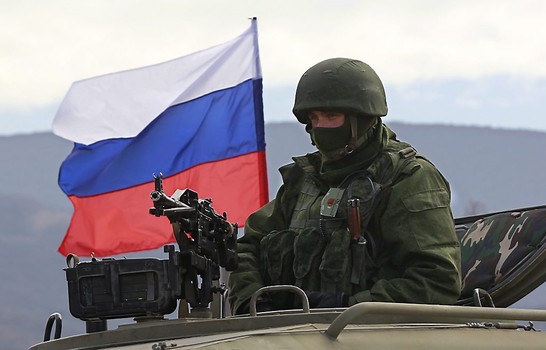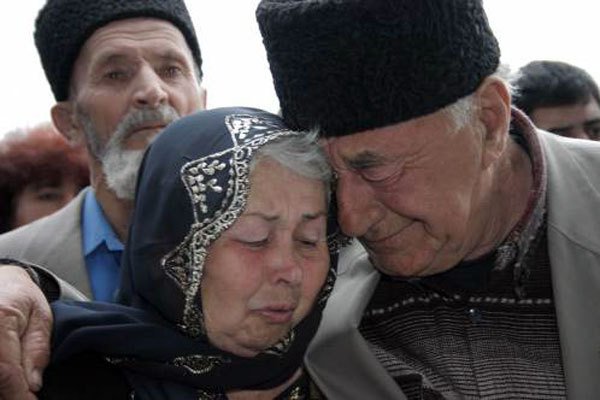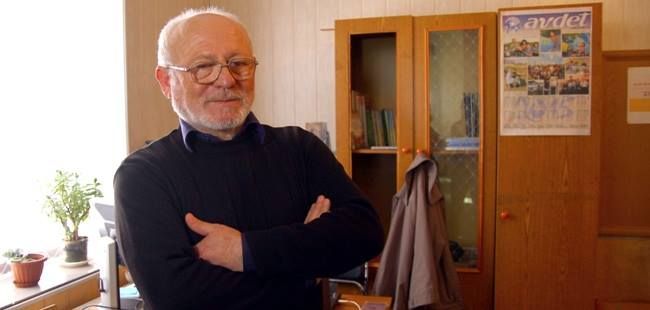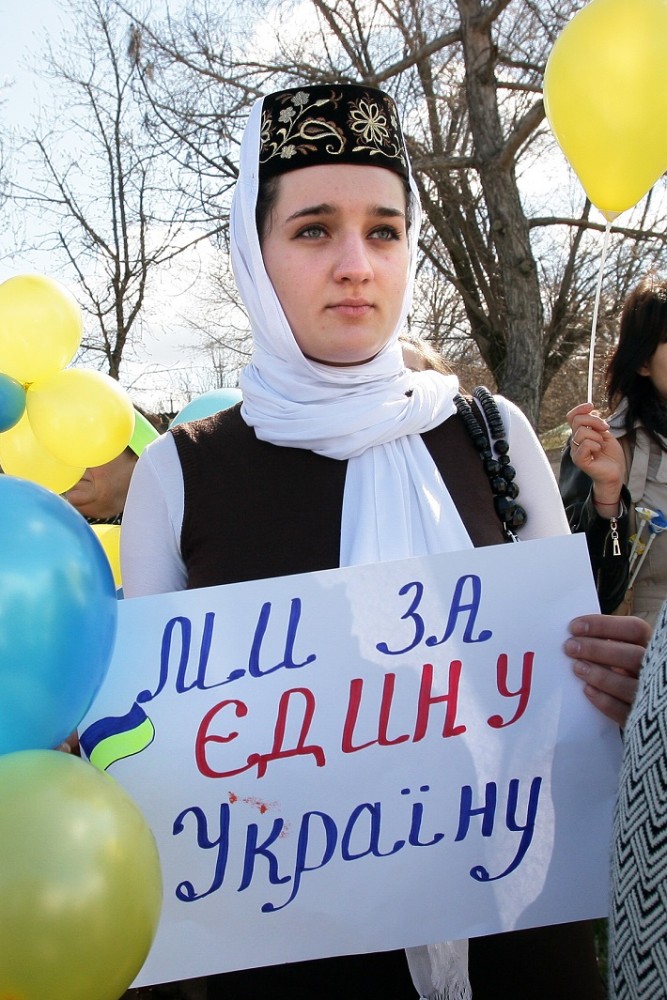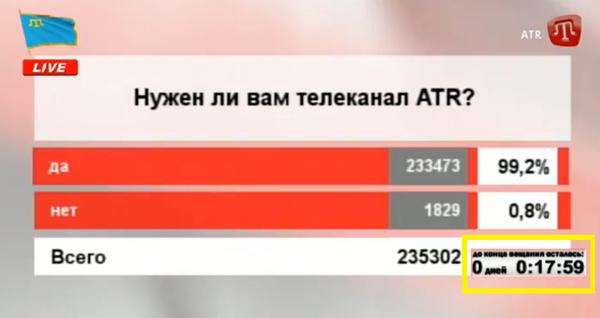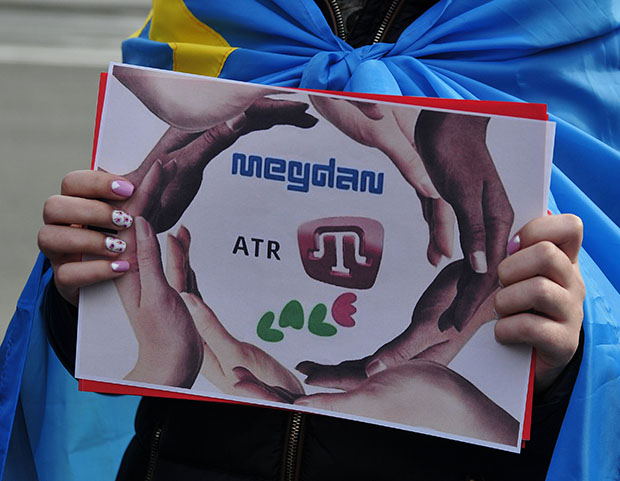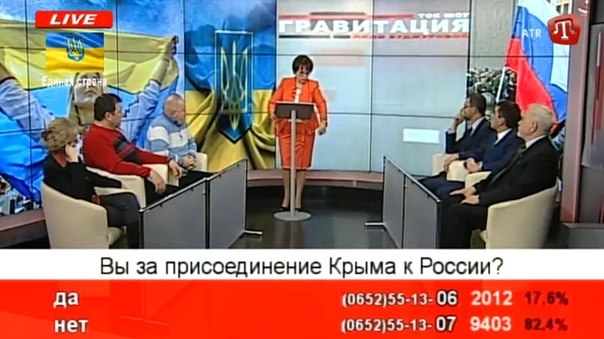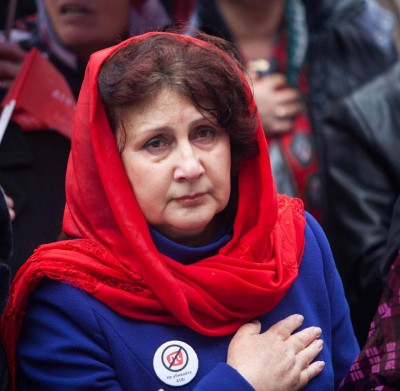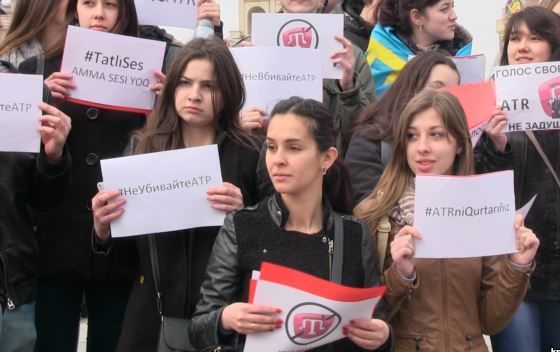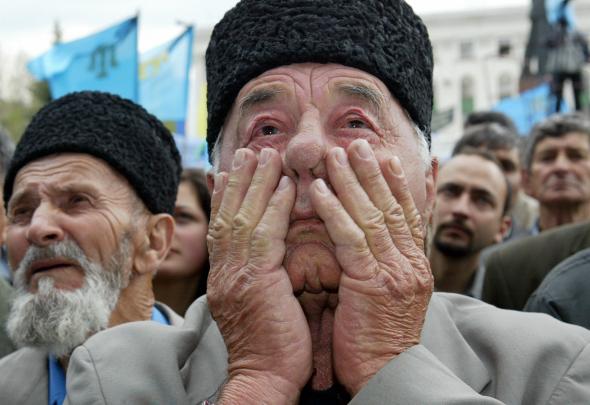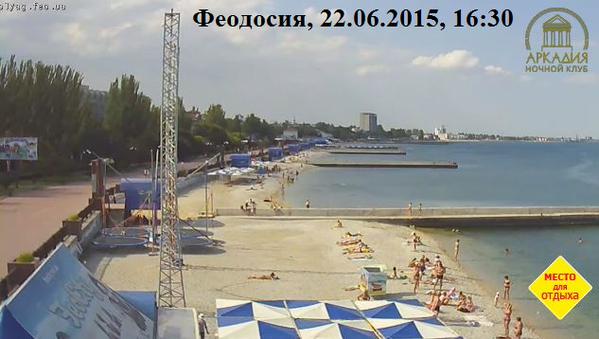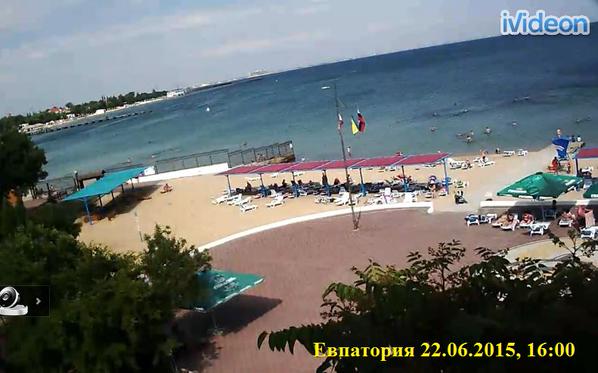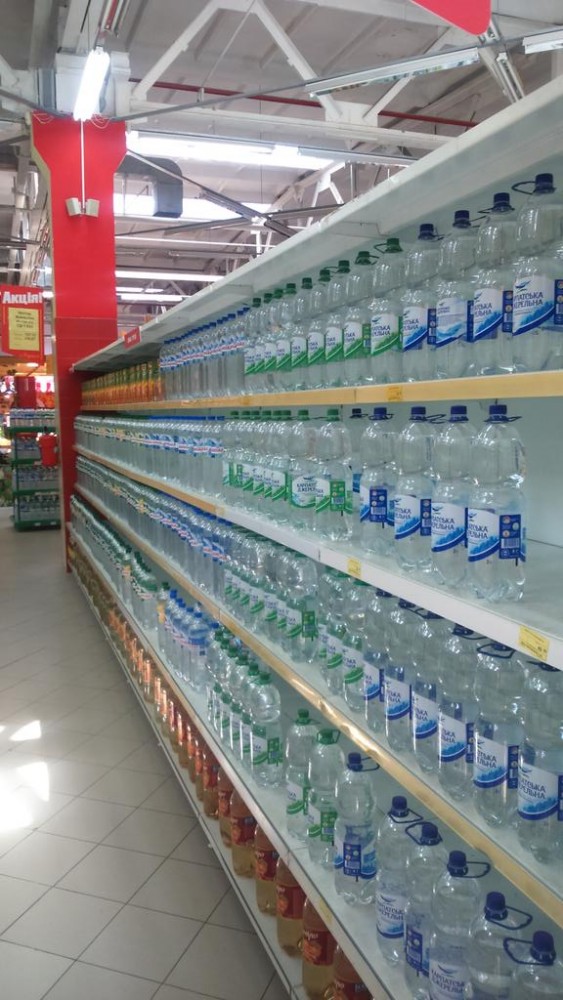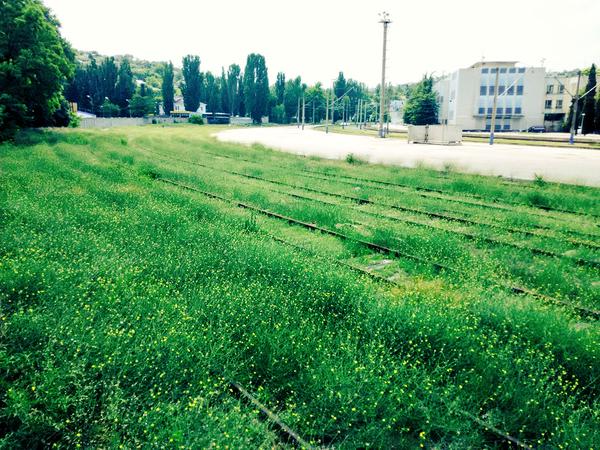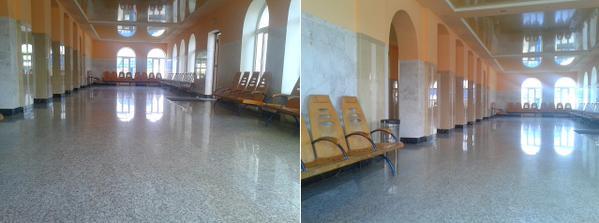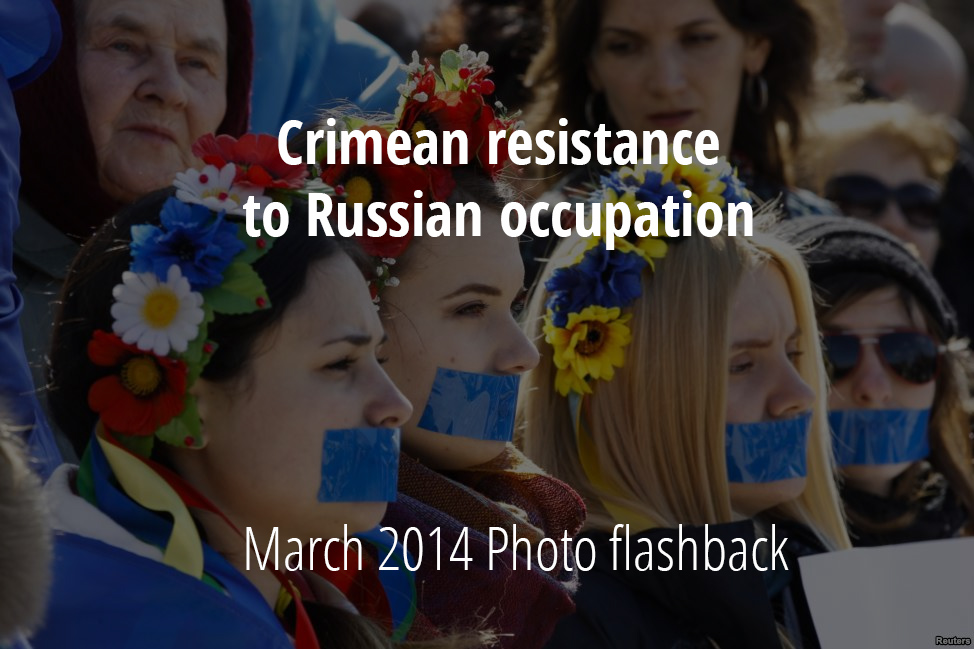According to the Russian business newspaper Vedomosti, German multinational technology giant Siemens entered into a contract to supply modern gas turbine-powered electricity generating plants for Sevastopol and Simferopol in Crimea, the Russia-occupied Ukrainian peninsula, in violation of Western sanctions. EU sanctions prohibit European Union companies from either exporting energy technology or providing services for energy infrastructure in Crimea. The contract with the Russian engineering company Techpromeksport at issue was signed last spring and the downpayment has already been made for two new power stations in Crimea. The plant producing the equipment is a joint company of Siemens AG, which owns 65 percent, and the company Power Machines OJSC.

Specifically designed to skirt the Western sanctions targeted against Putin’s annexation of Crimea, the contract states that the turbine plants will be shipped to the town of Taman in the Krasnodar region of Russia, just across the strait from Crimea. Vedomosti‘s source stated that this was only done “as a formality” to get around the sanctions. Then the Siemens technology will be transported to Crimea, which will be its final destination. It is unclear who disclosed this information and for what purpose. Whether it is a Siemens competitor in Russia, an official that did not get his share of the bribe, or the Russian government intending to gauge Western reaction in advance of the alleged violation, the chances that the equipment will remain in Taman are extremely dubious. The severe shortage of electric power-generating capacity exists in the occupied Crimea fully dependent on the Ukrainian power grid, not in Taman. The tens of thousands of Russian military now stationed in the peninsula need that electric power to keep their war machines operational and to not be dependent on Ukraine.
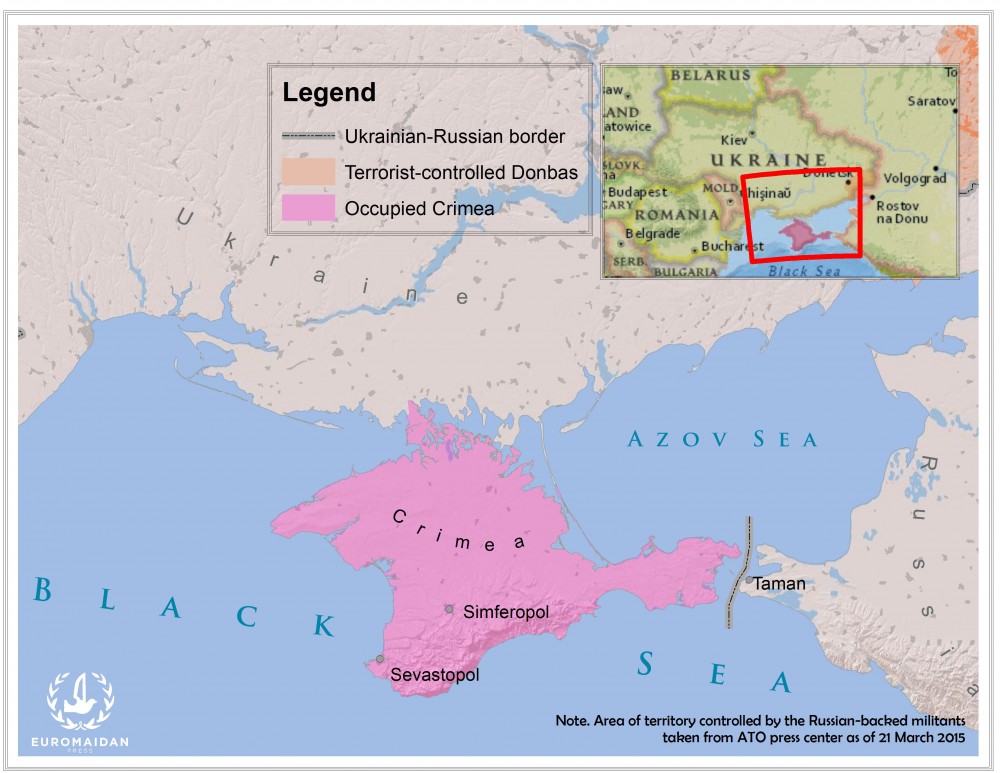
Moreover, even technical maintenance of the plants will not be affected by the sanctions, as replacement parts could be “easily purchased” from Siemens in China or Iran, while maintenance servicing can be procured in Russia, according to Vedomosti.
In an official statement published on their site, Siemens has refuted the allegations, claiming that it has not signed a contract with Technopromexport in which equipment will be supplied to Crimea. Refusing to disclose the details of the contract, Siemens stated: “we have no reason to believe that the gas turbines mentioned in the news articles are destined for Crimea.” According to the Russian energy portal neftegaz.ru, Techpromeksport has also refuted the claims and stated that the equipment will be used only for generators in Taman. However, no official notice has been published on their site.
If the equipment indeed ends up in Crimea, would Siemens be held accountable for violating the sanctions regime? German law provides for fines and personal criminal liability for such actions. However, Vedomosti provides the opinion of Nikolai Zaichenko, a partner of the Nevsky IP Law firm: Siemens could get away with it – according to Russia’s private property law, the customer has a right to redistribute and ship to other regions the product ordered from the supplier. Moreover, Siemens could just say that it trusted the information in the contract, he adds. According to another expert Arthur Zurabyan, the EU sanctions apply to subsidiaries of European companies with a share of foreign capital above 50%. In theory, the German side could challenge this criterion if it proves that it was the Russian side that made the decision on this issue; a minority shareholder could have additional powers in this case, adds Zurabyan.
[bctt tweet=”.@Siemens, how will you ensure your power generators don’t end up in Crimea? #CrimeaIsUkraine”]If Siemens equipment will indeed be shipped to Crimea, this would be a bold violation of the Western sanctions. Siemens is a sophisticated player on the world’s energy stage and should not be turning a blind eye to Russia’s intended use for its equipment. If Siemens didn’t have knowledge of Russia’s intent before, it certainly does now that the deal has become public. It will be critical for Siemens to abide by the law and either ensure that the equipment stays in Taman or stop the execution of the contract. Otherwise, it will run afoul of the spirit of the sanctions and will support the Russian annexation of Ukrainian territory. In addition, going forward with this deal while the world is watching could create a backlash against the company and complicate Siemens’ future business in Ukraine and other countries in Eastern Europe threatened by Russian neo-imperialism. As a global security matter, skirting the sanctions regime would further embolden Putin and sabotage the agreement among the Western world to oppose Putin’s war via non-military means.
[highlight]We request that Siemens makes public the ways it plans to ensure that the equipment does not end up serving Putin’s occupation regime in Crimea and takes the necessary enforcing measures.[/highlight]




